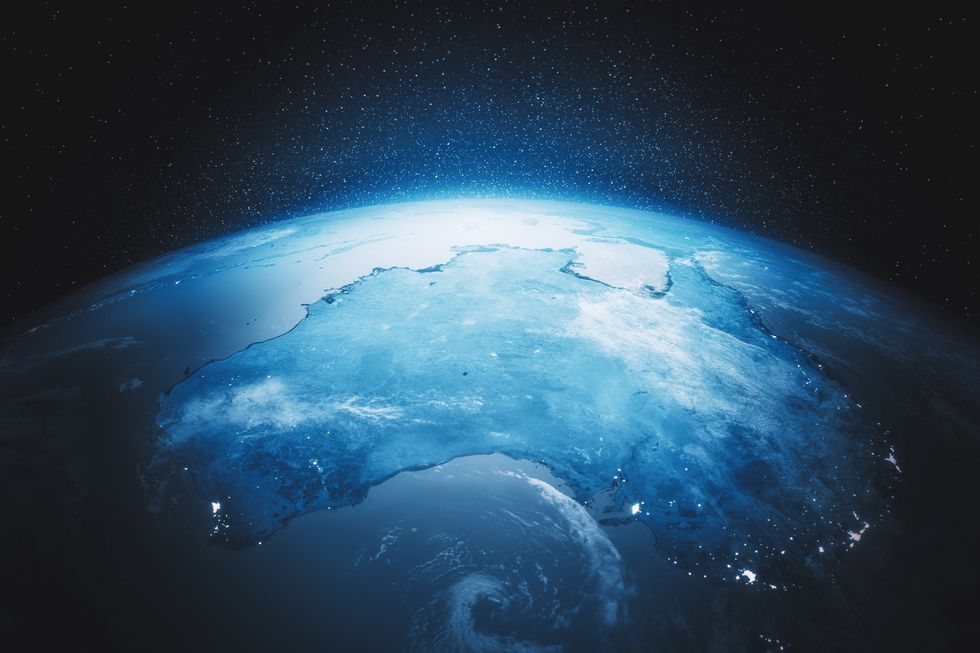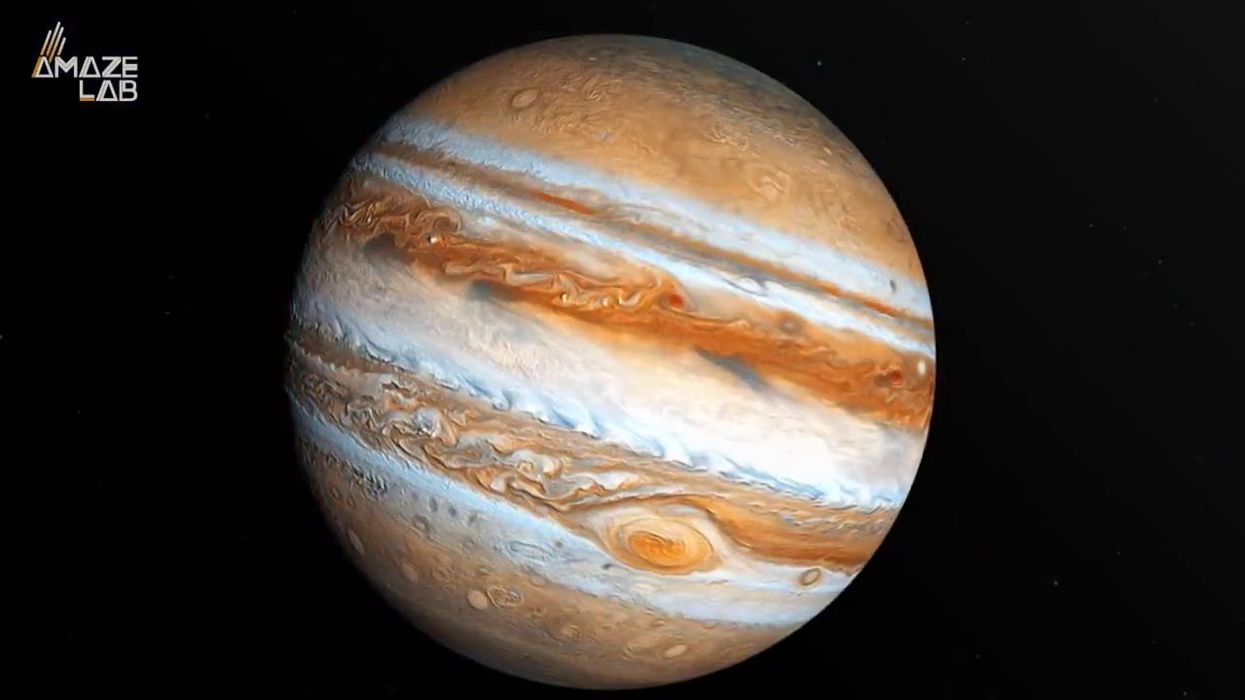Harry Fletcher
May 15, 2023
Astronomer Detect a Possible Ocean World on a Planet Quite Similar to …
content.jwplatform.com
A rare planet has been discovered hundreds of light years away, and it could prove key to our understanding of planetary formations out there in the universe.
There have been more than 5,300 exoplanets discovered, but few match the description of the newly recorded TOI-733b.
Found 245 light-years away, TOI-733b is almost twice the size of Earth and orbits a sun slightly smaller than our Sun.
While there are many exoplanets, there are a surprisingly small number which sit between one and a half and two times the radius of the Earth, and it's the size that makes it so interesting to scientists.
Sign up to our new free Indy100 weekly newsletter
The research was conducted by a team of astronomers led by Iskra Georgieva of Chalmers University of Technology in Sweden. It was accepted for publication in Astronomy & Astrophysics.
The team focused on TOI-733b after data on the planet was collected by NASA's telescope TESS.

The density of the planet suggests two things – it’s either totally covered in water, or it’s lost its atmosphere altogether.
Clues point to the idea of TOI-733b’s atmosphere slowly depleting. That’s due to the proximity of the planet to its star, which it orbits in the space of just 4.9 days. If the atmosphere is being burned away, it means it could soon be transformed into a rock planet.
The other possibility points to the planet having lost its hydrogen and helium, while retaining an atmosphere packed with water vapour.
"Answering the question of whether TOI-733b has a secondary atmosphere or is an ocean planet boils down to differentiating between a Neptune-like planet that lost its ∼10 per cent of H/He to leave behind a steam atmosphere of heavier volatiles, and one that formed and remained relatively the same throughout its evolution," the research reads.
"While being beyond the scope of this paper, finding an answer to this question will have broad implications on our understanding of exoplanets."
The team went on to write: "By all accounts TOI-733 b looks to be an interesting planet and holds the potential of being a small but key piece to solving big puzzles in exoplanet science.
"With ever increasing in-depth theoretical analyses and the promise of high-precision follow up by present and upcoming facilities, we seem to be well on the way to finding answers to major questions relating to planet formation and evolution."
Have your say in our news democracy. Click the upvote icon at the top of the page to help raise this article through the indy100 rankings.
Top 100
The Conversation (0)














